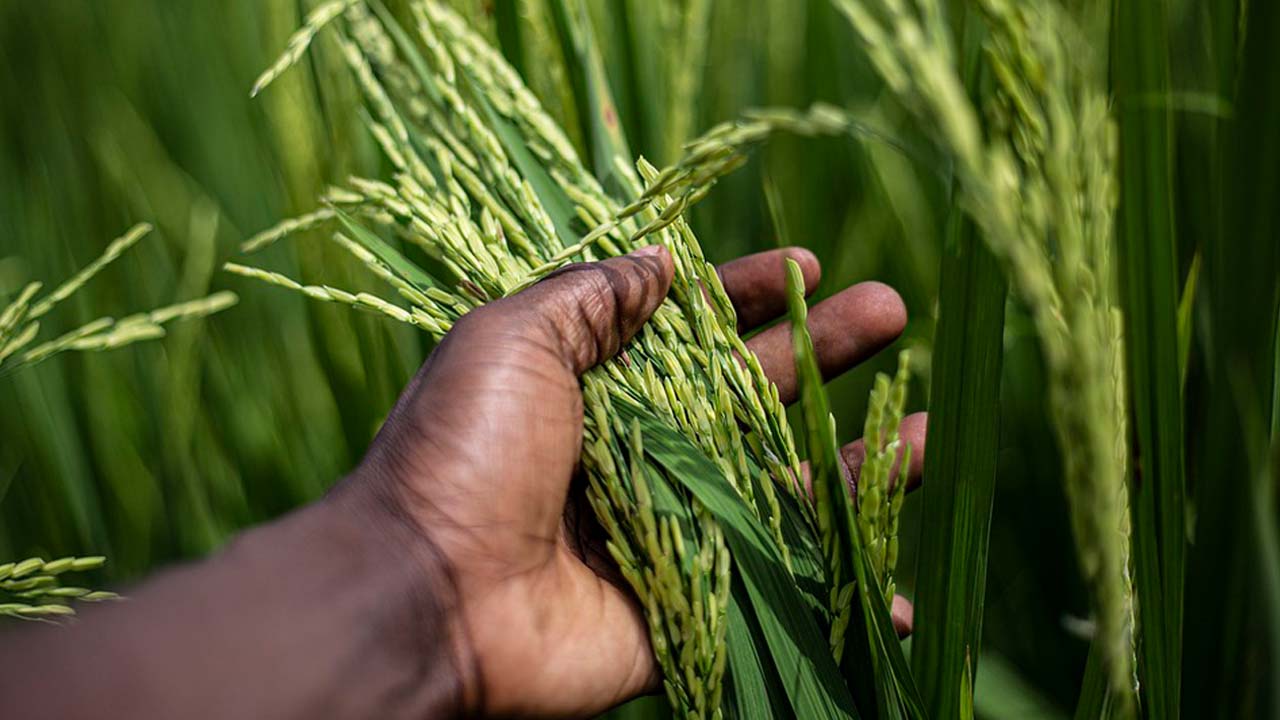Organic farming is a method of agriculture that focuses on producing crops and raising livestock without the use of synthetic fertilizers, pesticides, and genetically modified organisms (GMOs). This type of farming is based on the principles of preserving and enhancing the health of the soil, the environment, and the food produced.
Organic farmers use natural methods to control pests and diseases, such as crop rotation, companion planting, and biological controls such as beneficial insects. They also rely on organic fertilizers, such as compost, manure, and green manure, to provide nutrients to their crops.
In organic farming, the health and well-being of livestock is also a priority. Animals must be raised in a humane and natural environment and fed a diet that is free from antibiotics and growth hormones.
The benefits of organic farming go beyond just producing healthier food for consumers. It also helps to conserve biodiversity, reduce the use of harmful chemicals, and promote sustainable land use practices. Additionally, organic farming has been shown to be more profitable for small-scale farmers and can help to revitalize rural communities.
In conclusion, organic farming is an environmentally friendly and sustainable way of producing food that benefits both the consumer and the farmer. By rejecting the use of harmful chemicals and promoting natural farming practices, organic farming provides a healthier and more sustainable future for everyone.

